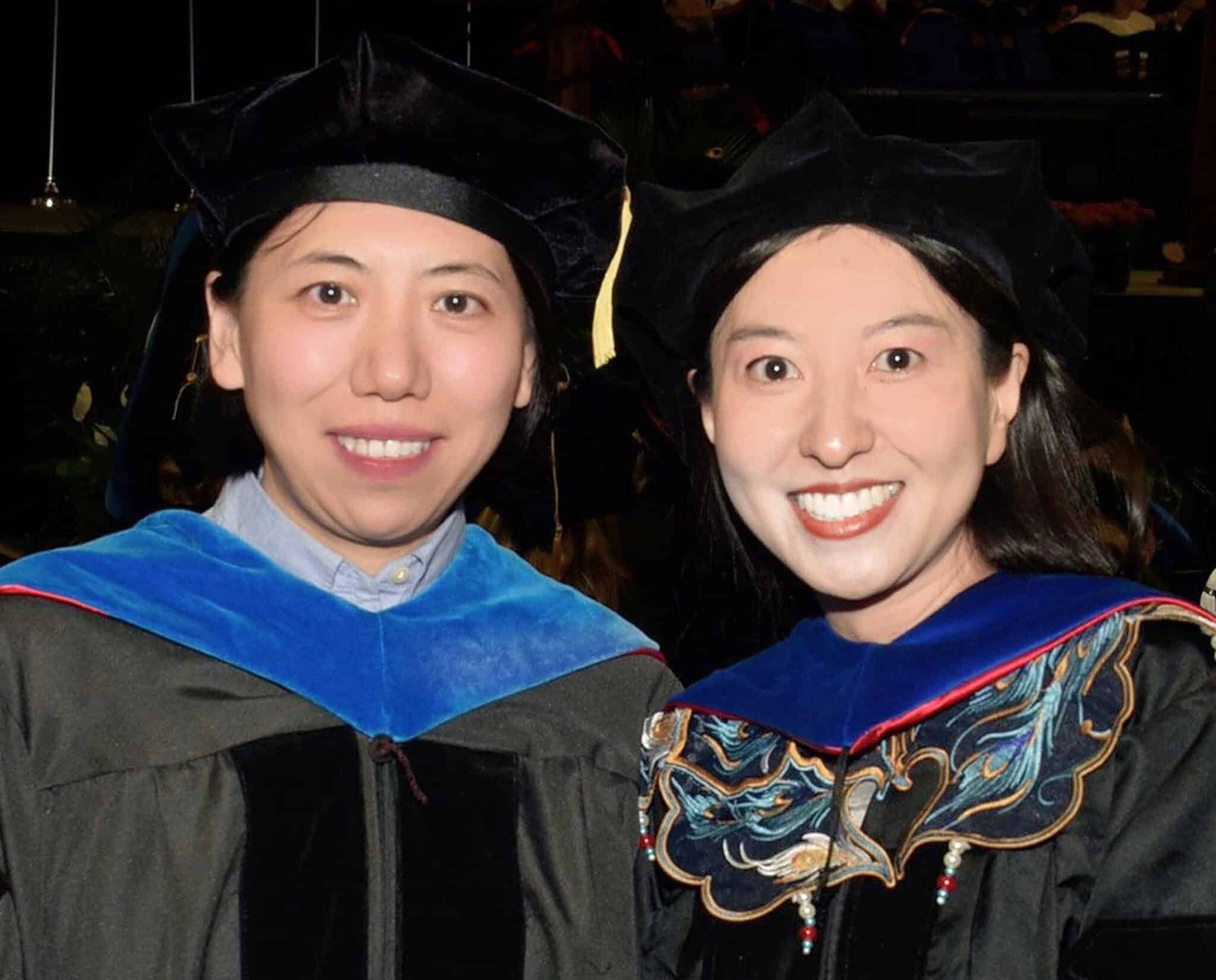Key Takeaways
- Jinghui Gao becomes the first graduate of UGA’s Ph.D. program in regenerative bioscience, launched in 2024
- The interdisciplinary program addresses growing demand for specialists in regenerative medicine and biomanufacturing
- Gao’s research focused on stem cell-derived extracellular vesicles under the mentorship of Assistant Professor Yao Yao
- The program has enrolled 18 Ph.D. candidates in its first year, reflecting strong early interest
- Regenerative Bioscience Center continues to bridge research and medical education in partnership with the new UGA School of Medicine
First Regenerative Bioscience Ph.D. Graduate Reflects on Milestone at The University of Georgia
The University of Georgia (UGA) has marked a significant milestone with the graduation of its first Ph.D. student in regenerative bioscience, Jinghui Gao, as part of the class of 2025. Introduced in 2024 by UGA’s College of Agricultural and Environmental Sciences (CAES), the new program aims to train professionals in the emerging fields of regenerative medicine, biomanufacturing, and biomedical imaging.
“I realized on commencement day that I was the first person to graduate from the program,” said Gao. “I felt both excited and very, very proud.”
Research Focus and Academic Journey
Originally enrolled in the Animal and Dairy Sciences (ADS) Ph.D. program, Gao transferred to the regenerative bioscience track following its launch. Her work in the Regenerative Bioscience Center (RBC) was guided by Assistant Professor Yao Yao, whose research on extracellular vesicles derived from stem cells aligned closely with Gao’s academic goals.
“When I learned about the Yao lab’s work… I knew this program would provide the ideal environment to advance my expertise in regenerative medicine,” Gao said.
Her transition to the new program reflected its emphasis on interdisciplinary collaboration and direct alignment with research in human and animal health.
Program Responds to Industry Demand and Academic Growth
The Ph.D. in regenerative bioscience was created to meet increasing demand for expertise in regenerative technologies, particularly in Georgia, where the biosciences sector ranks among the top 15 in the U.S. for job growth, according to the Georgia Power Bioscience database.
“Regenerative medicine isn’t something you can approach from just one angle — it requires a blend of skills across science, technology and medicine,” said Lohitash Karumbaiah, professor of regenerative medicine and lead faculty architect of the program. “The RB program prepares students to navigate that complexity.”
Within its first year, the program has enrolled 18 doctoral candidates, suggesting a strong response from students seeking applied research and training opportunities in this growing sector.
RBC's Role in Bridging Research and Medical Education
For over two decades, UGA’s Regenerative Bioscience Center has served as a hub for research training, sending students into medical and bioscience careers. Now, in partnership with the newly launched UGA School of Medicine, the RBC is expanding its role in aligning regenerative bioscience with clinical and translational health education.
“In working with the new medical school, our degree programs will gain sharper insight into clinical needs — and, in turn, help us develop better tools for clinicians and patients,” said Steven Stice, Director of the RBC and Georgia Research Alliance Eminent Scholar in Regenerative Medicine.
Mentorship and Personal Growth Provided by University of Georgia
Beyond research, Gao took on a mentorship role within the center, including supporting undergraduate students like Arial Sikal, who was recently accepted to Vanderbilt University School of Medicine.
“She created a space where I felt supported but also challenged to grow,” said Sikal. “She encouraged me to take ownership of my work and goals, while always being there to help me navigate challenges.”
Reflecting on her time in the program, Gao said, “It’s really good training for grad students — not just focusing on your own research, but also seeing what others are doing and practicing how to present.”
“I’m the first to graduate and the first to leave, which feels a little surreal,” she added. “But what really stayed with me is how open and collaborative the program is. People here are kind — you can walk into another lab, ask a question, and they’ll stop what they’re doing to help.”


